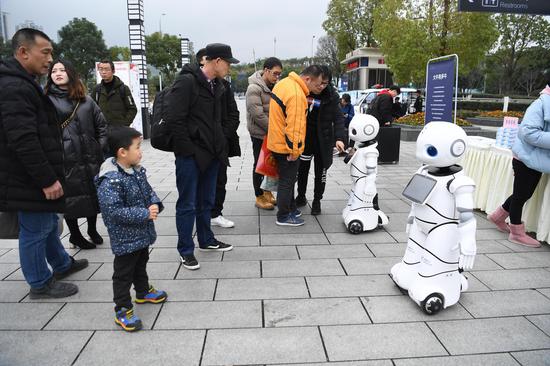(W.E.Talk) Peter Herrmann: Is AI a Reason for Optimism or a Cul-de-Sac on the Human Rights Path Forward?
Author: Peter Herrmann (Full-time researcher at the CSU Human Rights Center; Academician of the European Academy of Sciences and Arts)
Law generally aims to formulate abstract rules, offering one-size-fits-all solutions. It attempts through such abstract formulations to address a wide variety of highly differentiated matters. This is even more pronounced in human rights law, where the reference unit – humanity – is extremely large and diverse.
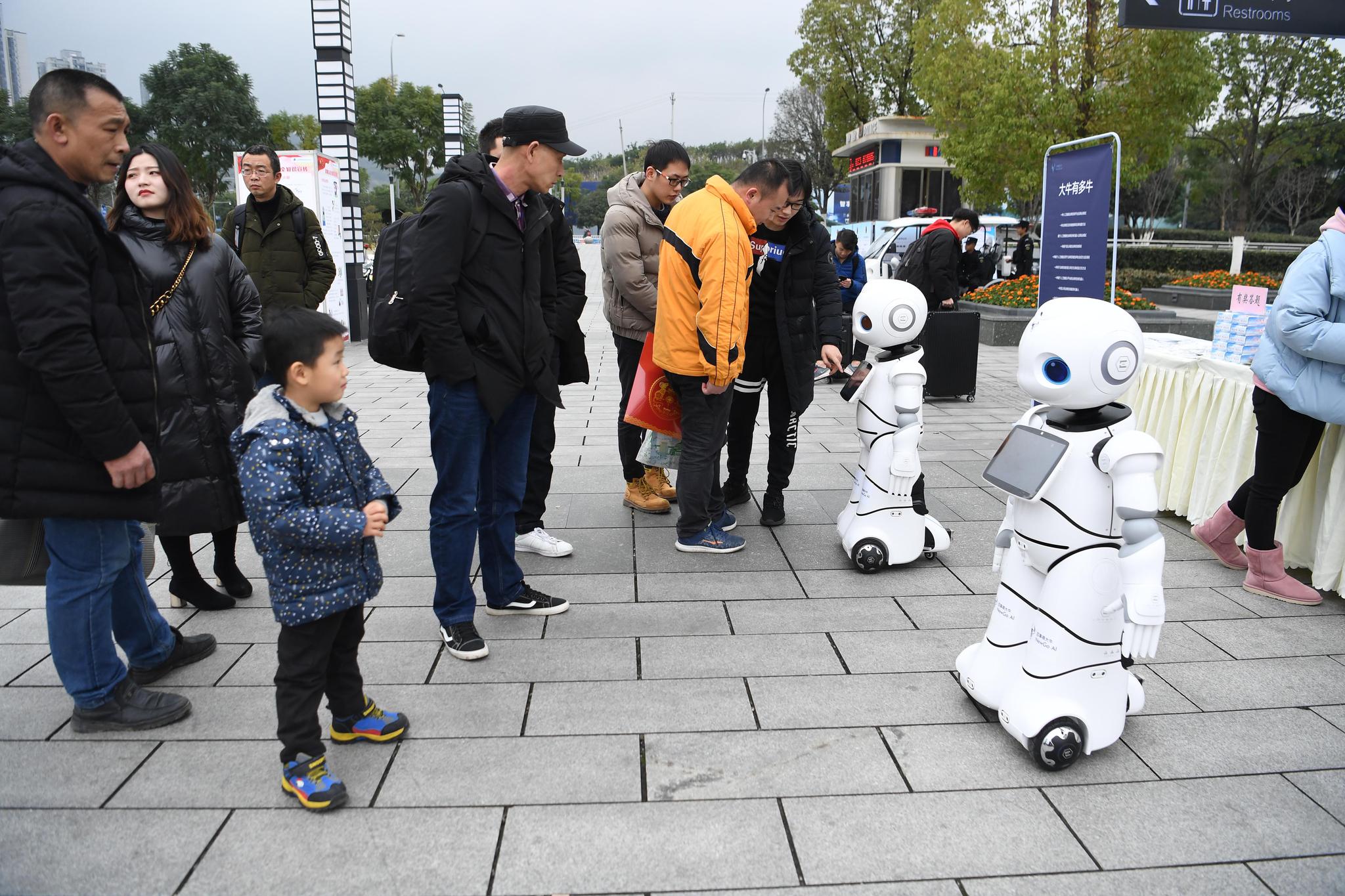
It is fair to say that human rights, and in particular human rights law, must fundamentally reflect socio-economic and socio-historical realities; that means also national differences. Acknowledging this, it is crucial to recognize that material conditions are paramount: sustenance comes first, before other considerations can be addressed. Of course, these aspects are not mutually exclusive. However, for the present discussion, this basic premise must suffice. This also means it is vital to acknowledge that significant differences exist between nations, regions, and continents. Some are materially highly developed, while others lack basic material conditions, though they may possess other features, critically important for the interpretation and implementation of human rights.
Each context presents advantages and disadvantages, opportunities and limitations. It is therefore essential that countries and regions come together. Concretely, China and Europe must develop common goals in the field of human rights and define ways of achieving them. We must go further still: this is about the future of mankind. Looking at shared perspectives, one point must be emphasized above all: Cooperation. We must move beyond meaningless competition for unilateral advantage. Initiatives like the New Silk Road and cooperation within BRICS represent significant steps in this direction. Europe must learn that life is not solely about individual gain but fundamentally involves social responsibility.
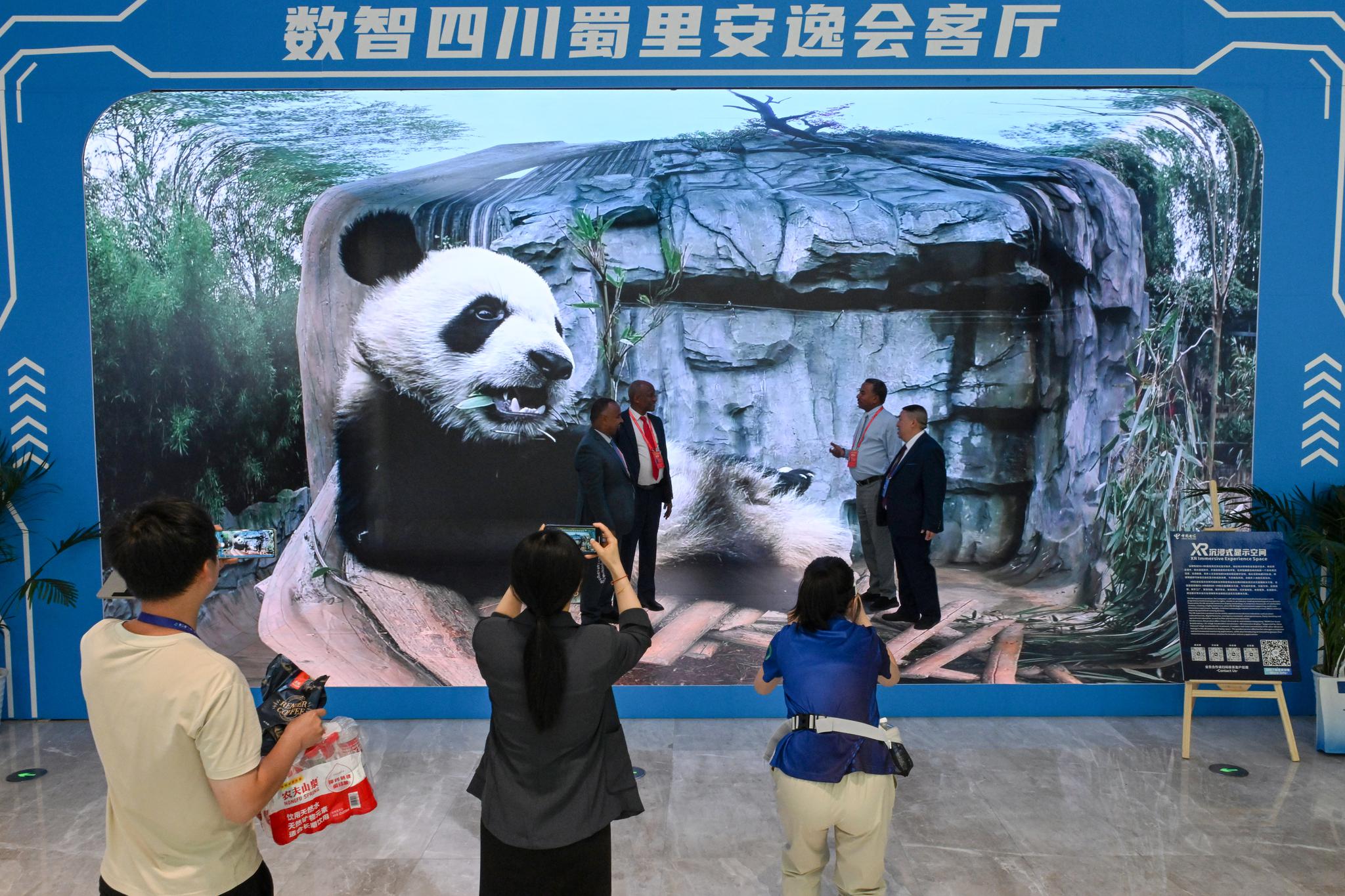
Against this backdrop, understanding the role of Artificial Intelligence (AI) in law requires examining its different perspectives, roles, and functions. AI, abstract by definition, might seem the perfect instrument. However, as the development of human rights demonstrates, their meaning emerges through concretization and"objective empathy",the consideration of socio-historical conditions and specificities.
In short, we face a problem: human rights issues are increasingly viewed through the lens of institutions and procedures. But where does justice reside? AI can certainly assist with technical aspects: ensuring institutional coherence and administering procedures. Yet, there is also a danger: AI could push us further into a formalist, legal-positivist direction, obscuring the central issue: justice.
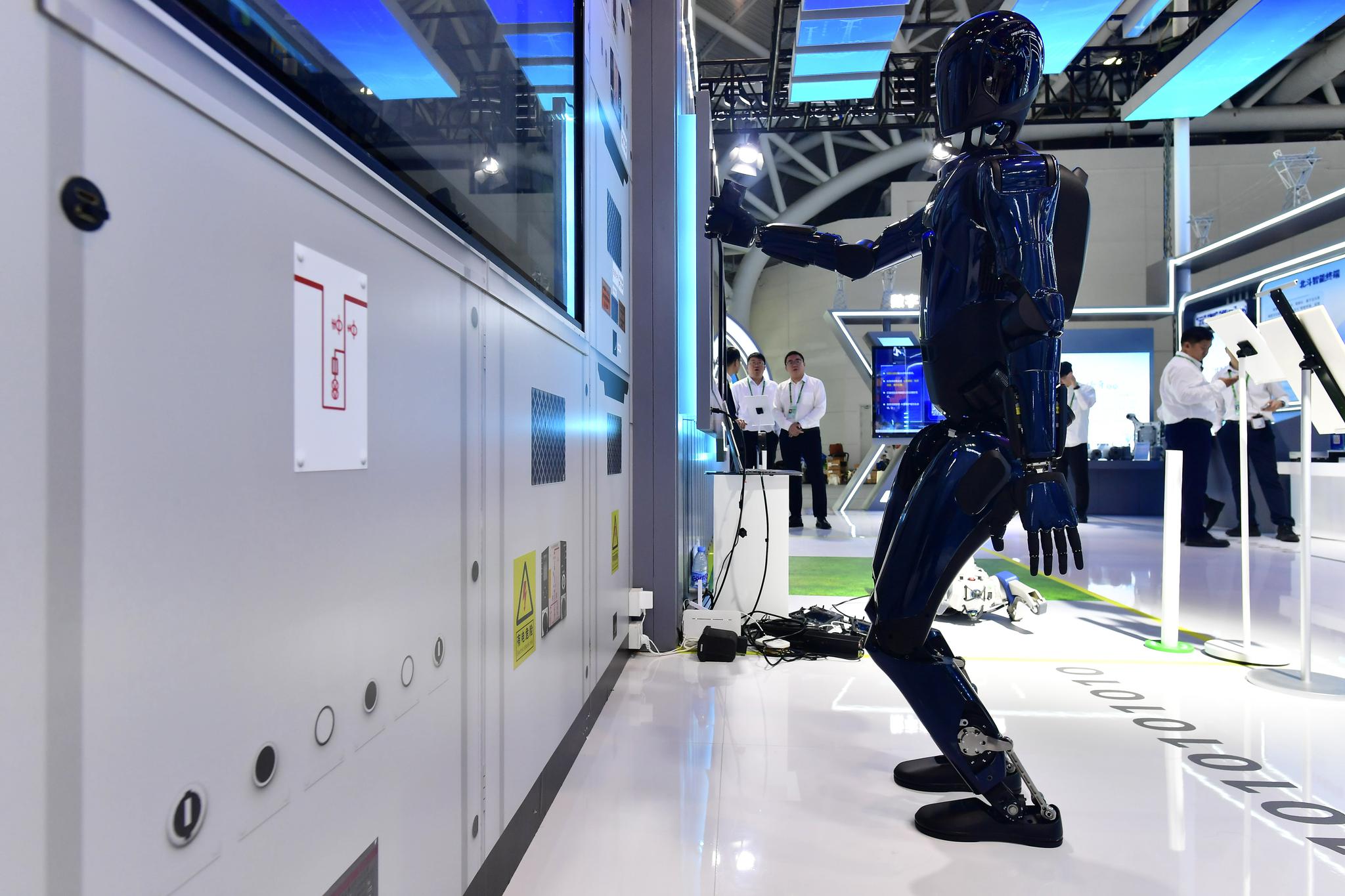
AI can be an important instrument in facilitating necessary cooperation. However, it is essential to remember that AI is merely a technical means, a tool. Commonly discussed concerns like protecting privacy and bridging the digital divide remain equally important. As long as no singular, unambiguous global reality exists,and as long as class and power structures create a fragmented understanding of reality,the concept of universality must be applied cautiously. Similarly, the use of artificial intelligence requires stringent oversight.
AI potentially endangers the development of what is often termed the fourth generation of human rights: the understanding that human rights secure the social dimension of human existence. The world is not simply black and white; nevertheless, it is justified to observe that European civilization has moved away from social responsibility and societal bonds, emphasizing instead the individual and material gain. In contrast, China maintains a prevalent philosophy of harmony.
This means conceiving humans and nature as interconnected, both integral parts of the universe – neither capable of exploiting the other. The true importance of AI lies in the philosophy underpinning its use. It is increasingly evident that AI can provide answers, but it cannot formulate the questions themselves. Crucially, no machine will ask questions that help to understand what justice really means. This is where Sino-European cooperation becomes essential.
I believe both sides can learn from each other: developing positive law through a shared understanding towards justice, and exploring ways to utilize artificial intelligence effectively. Personally, in teaching, developing this skill of questioning is central to me... even if it requires more time than teaching legal acts and paragraphs.
We must consider AI as a potential means to overcome social divides and foster a common understanding of the fourth generation of Human Rights. Cooperation must engage with asking critical questions and developing deeper understanding. But artificial intelligence itself cannot truly help us complete this basic task. Perhaps initiatives such as the BRICS countries and the Silk Road can achieve this goal. And as tool, AI may be helpful – as tool, not more and not less.
Expert Profile:
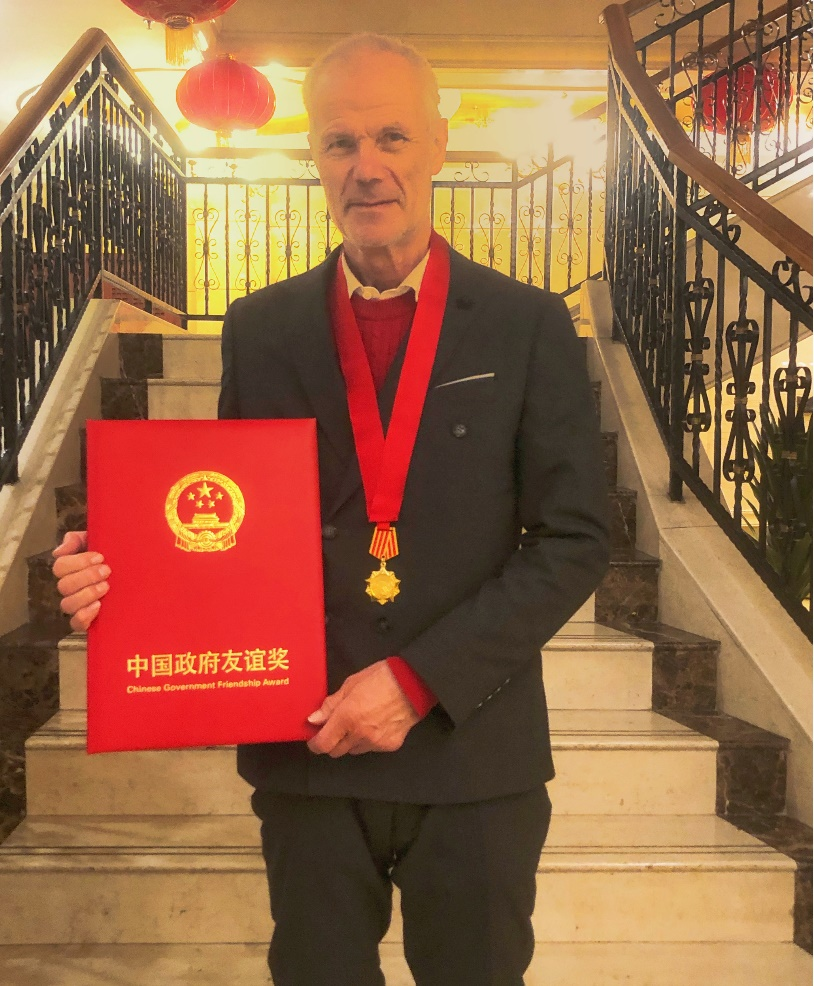
Peter Herrmann is a Professor at the Law School of CSU, a full-time researcher at the CSU Human Rights Center, and an Academician of the European Academy of Sciences and Arts. He is also the recipient of the 2023 Chinese Government Friendship Award. He has held positions at University College Cork (Ireland), Corvinus University of Budapest, and Zhejiang University, alongside academic roles at institutions including the Berlin Institute for Critical Theory (Germany). He serves on the academic committees of multiple international journals.
Representing CSU, he has participated in over 30 seminars organized by the European Commission, OECD, and other bodies. Invited by the Permanent Mission of China to the UN Office in Geneva, other international organizations, and the China Society for Human Rights, he has attended more than ten sessions of the UN Human Rights Council and academic conferences on human rights in China, delivering keynote speeches.
The book series Human Rights - Looking for the Future, co-edited by Professor Mao Junxiang and Professor Herrmann and involving scholars worldwide, has resonated within Western academia. Supported by the CSU Human Rights Center, he founded the academic group HRUG (Human Rights: Universal and Global) and its research website. To date, HRUG has initiated and organized dozens of academic exchange activities.

